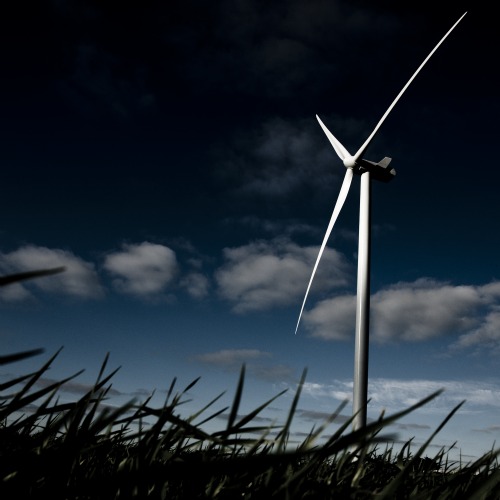 On June 28, turbine maker Nordex announced it would close its Jonesboro, Ark.-based nacelle plant in the fall after the final nacelle – No. 185 manufactured at the facility, Nordex says – rolls off the production line.
On June 28, turbine maker Nordex announced it would close its Jonesboro, Ark.-based nacelle plant in the fall after the final nacelle – No. 185 manufactured at the facility, Nordex says – rolls off the production line.
Although Nordex says it remains committed to the U.S. wind market, the company explained that it could no longer justify having domestic operations given the unpredictable nature of U.S. policy, specifically the production tax credit (PTC) for wind.
‘We are reacting to the weakened demand from the U.S. market, brought on by the unpredictable extensions of the PTC, and the resulting low utilization rate of our U.S. assembly plant,’ said Dr. Jürgen Zeschky, CEO of Nordex SE, in a statement.
Without Canadian or South American orders back-stopping production, there was no business case for Nordex to keep its U.S. facility going, explains Bruce Hamilton, a director at Navigant Consulting.
Nordex is by no means alone, Hamilton explains. For example, last year, Mitsubishi mothballed its planned wind turbine factory in Fort Smith, Ark., and Vestas significantly scaled back operations at three of its factories in Colorado. And citing a slowdown in orders, Gamesa furloughed 92 workers at its Fairless Hills, Pa.-based nacelle plant last July.
‘All players, big and small, have had to scale back their U.S. operations since the final surge of 2012,’ Hamilton explains. ‘For some of the smaller turbine OEMs, this means a complete withdrawal and a shift in focus into their core markets.’
Further, with increasing uncertainty over the future of the PTC – or comparable incentives in place – the U.S. market will shrink to 3 GW to 4 GW of installed capacity per year. Such reduced numbers would leave room for the likes of GE, Siemens and Vestas, plus a handful of niche players. The so-called ‘big three,’ he says, installed nearly 9.5 GW of wind energy in the U.S. in 2012, representing 72% of the market.
‘Without a long-term stable policy in place, there will be significant overcapacity in the region,’ Hamilton adds.
The PTC's extension was supposed to provide business certainty for wind developers in 2013. However, given its late extension and a further delay due to a change in the program's definition, orders have come to a standstill. And the short-term forecast does not provide reason for optimism.
Given several macroeconomic factors hurting wind energy, such as low natural gas prices and the difficulty in securing long-term power purchase agreements, the Nordex news was hardly surprising.
‘The industry still has not recovered from the late extension of the PTC,’ explains David Rosenberg, Gamesa's vice president, government affairs and corporate communications, referring to instances of developers fast-forwarding wind projects to make them PTC eligible, meaning the orders earmarked for 2013 projects occurred in 2012.
For his part, Rosenberg mulls the impact of workers leaving the wind industry, taking with them special skills honed on the job in the process. ‘What happens to those skills?’ he asks. ‘That's the question that should be asked.’



